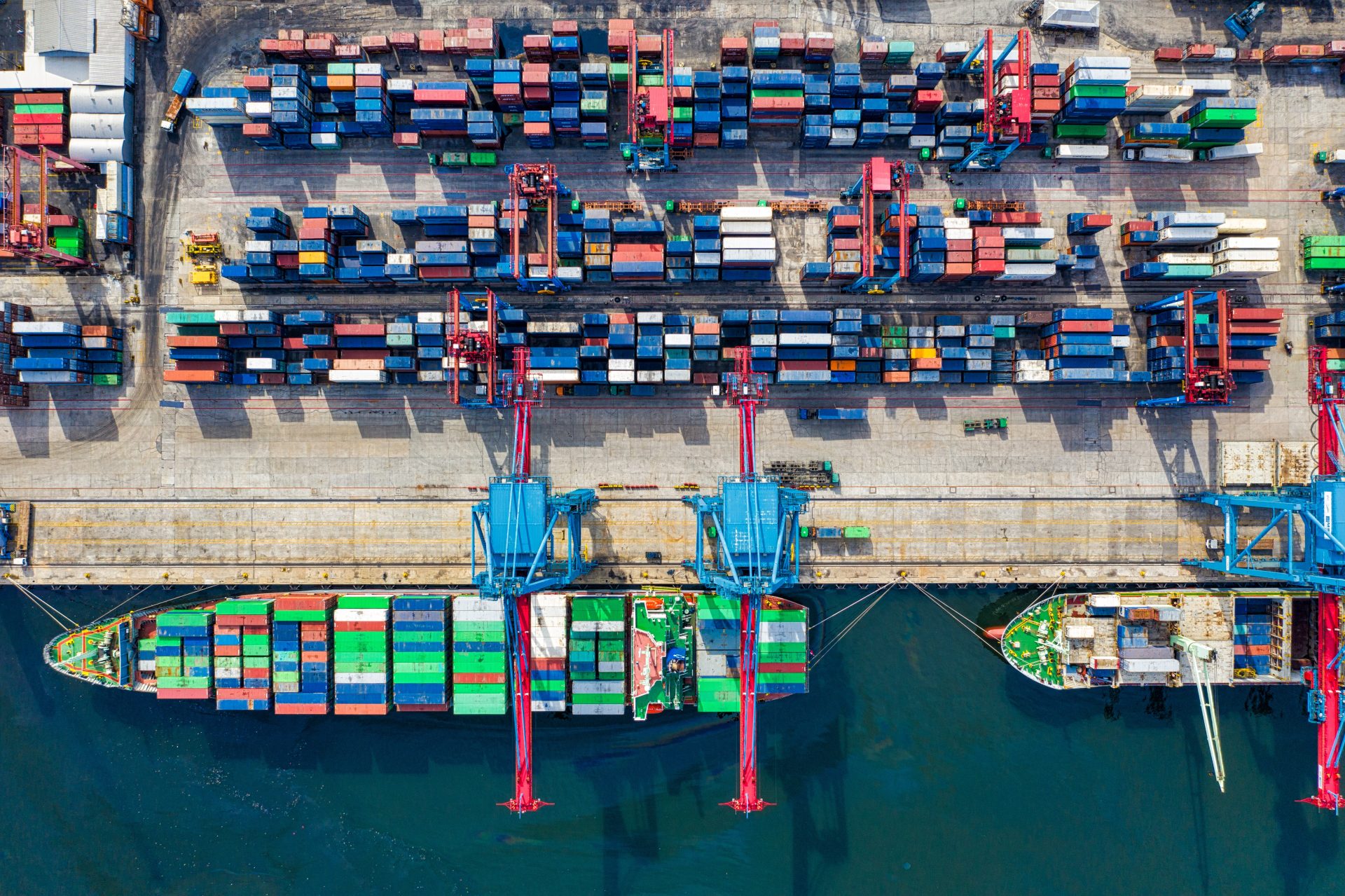A supply chain specialist or supply chain analyst has a crucial role to play in the growth and development of an organization. A supply chain analyst is responsible for ensuring a balance between the company’s supply and consumer demand. They have to manage the supply network by ensuring timely delivery also maintain financial accountability.
What Does A Supply Chain Analyst Do?
As the title indicates, the supply chain analyst is expected to provide a detailed and accurate analysis of the organization’s ability to deliver goods and services to its clients. So, to ensure a smooth, incident-free, and successful supply chain, the supply chain analyst must have the expertise to make an accurate analysis of the supply processes.
Moreover, supply analysts play an important part in every phase of supply chain management. They are tasked with gathering and analyzing data, communicating with their team, and making the right decisions. Additionally, they are involved in various aspects of supply chain management, including:
- Sourcing of raw material
- Planning the production of goods
- Managing adequate inventory levels
- Estimating demand accurately
- Planning efficient distribution
- Creating a supply network
Also, supply chain analysts use data to support their submissions for enhanced production, smooth supply, and hassle-free transportation processes within the organization. Additionally, depending on the size of the firm, they generally report to a manager or director of supply chain management. In some organizations, they report directly to the general manager.
Essential Skills Needed To Become A Supply Chain Analyst
If you aim to become a supply chain analyst, you must have skills for
- Data Analysis
- Problem-Solving
- Communication
- Negotiation Skills
- Knowledge of Software Systems and Tools
1. Data Analysis
It is vital to know the right way of analyzing data for becoming a supply analyst. So, you must be able to understand the hidden patterns and outlines from a large amount of data. Additionally, you may have to deal with data of different types, analyze them accurately and ensure that the right decisions are made based on the analysis.
2. Problem-Solving Skills
You must identify problems in the supply chain process and provide practical solutions as quickly as possible. Overall, this skill is vital for a supply chain analyst as it can ensure a smooth performance across the board.
3. Communication
Ensuring an effective supply chain process entails coordinating with other departments and teams. You must have excellent communication skills so that your message is delivered in the right context and tone. Good communication skills also help in pushing ahead your viewpoint and implementing the best solutions and processes to supply chain management.
4. Negotiation
To become a good supply chain analyst, you must develop compelling negotiating skills. So, if you are handling sourcing and transportation, this skill becomes all the more important. Likewise, you must communicate with your partners and associates and negotiate for the best deals on an ongoing basis for every project. Moreover, good negotiation skills will come in handy to help swing the best deal for your organization.
5. Knowledge of Software Systems and Tools
A good working knowledge of applications like Excel and Access will help you manage your tasks competently. And you can even plan routes efficiently with Google Maps. But these are just basic skills. You must also be proficient in using software programs such as SAP and other industry-specific software essential for better management of supply chains.
Analytical Capabilities A Supply Chain Analyst Needs
Analysis is at the core of supply chain management strategies. If you want to be successful as a supply chain analyst, you must acquire, hone, and develop analytical capabilities. Here are some of the most important analytical capabilities you must have.
1. Preparing Standard Reports
Preparing standard reports is one of the most essential analytical capabilities an analyst would require. Moreover, these reports will be accessed by many people across the supply chain for various managerial reasons. So, that’s why proficiency in this aspect is mandatory.
2. Creating Ad Hoc Reports
Ad Hoc reports go deeper into the problem than a general report. Ad hoc reports help people understand the incidents and events within the supply chain.
3. Designing Alerts
Additionally, designing alerts is an integral part of any supply chain. Alerts put out warnings about potential risks in the system.
4. Statistical Analysis
Statistics provide valuable insights into the supply chain system. Likewise, analysts use techniques like cluster analysis, regression analysis, and others to get their analysis right.
5. Forecasting
Supply chain analysts use a number of forecasting tools to predict various metrics such as pricing, demand, market trends, and others.
6. Predictive Modeling
Also, predictive modeling can be of assistance to supply chain analysts to plan accurately for the development of a supply chain. Likewise, predicting key outcomes can help minimize risks by forecasting the outcomes.
Key Responsibilities
The key responsibilities of a supply chain analyst include
- Acting as the primary contact for large purchases for various projects.
- Planning large-scale projects and ensuring their progress and completion.
- Analyzing the processes and inventory.
- Leveraging data to enhance efficiency and minimize costs.
Overall, it is critical that, as a supply chain analyst, you should understand the basics of supply chain management, like production, sourcing, distribution, and costing. So, the ideal candidate is someone with all these skills and good general supply chain knowledge.










